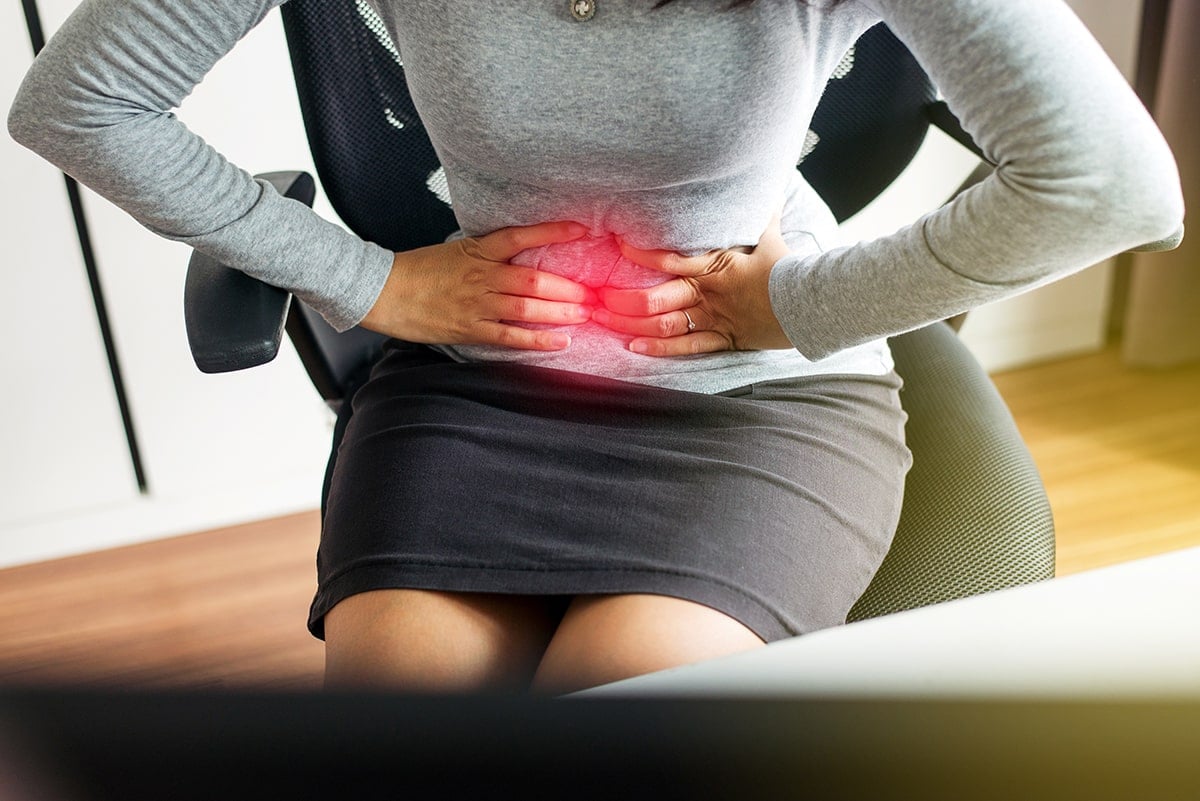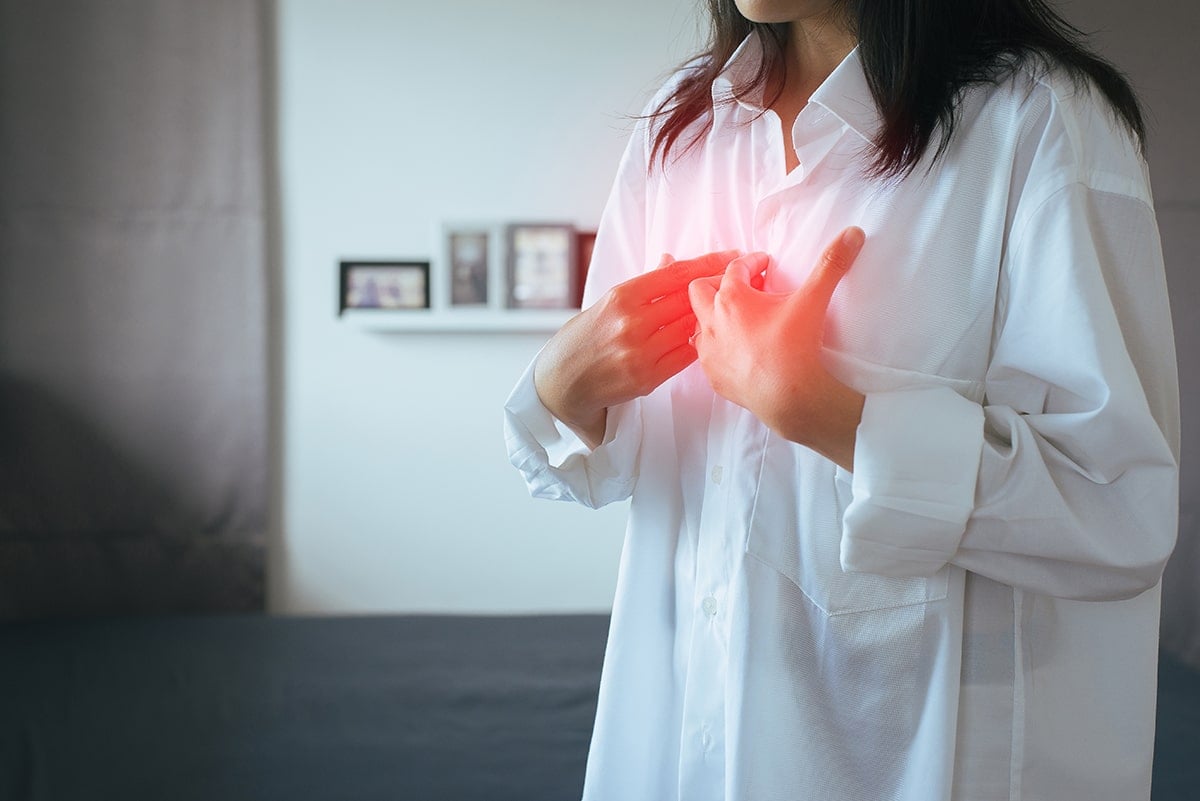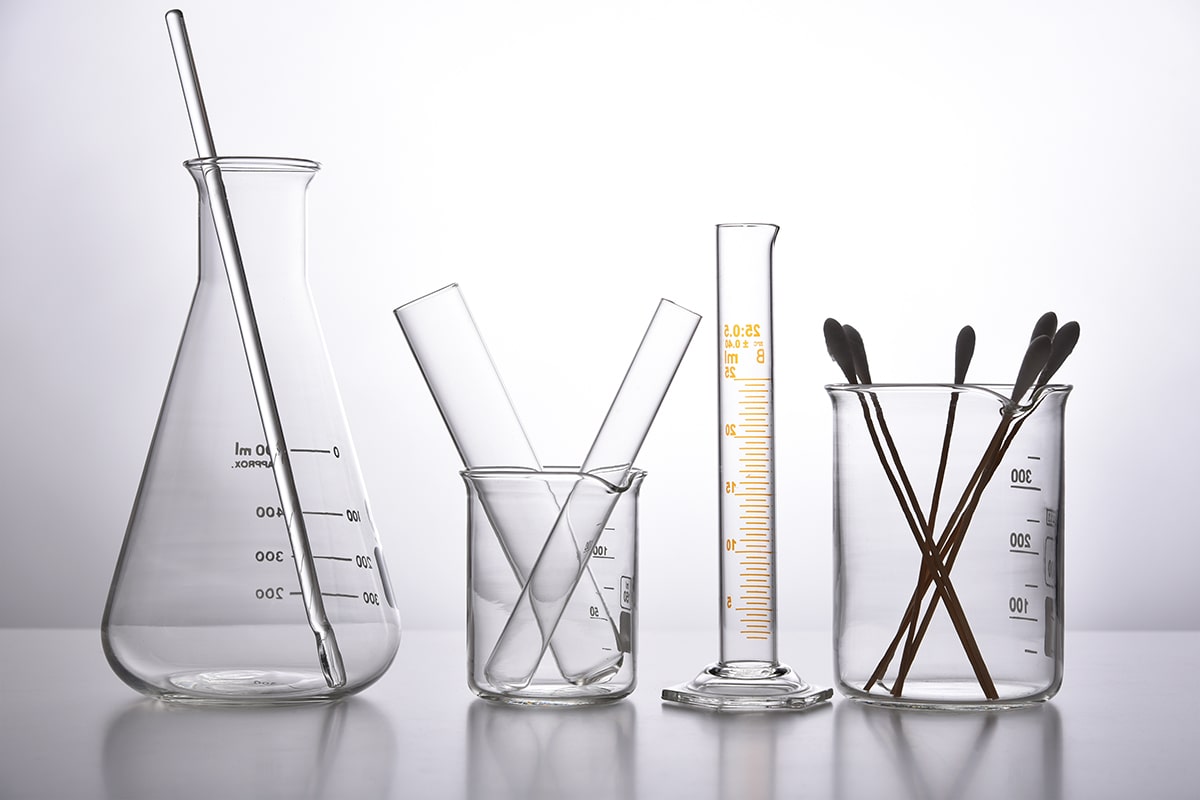

This episode is bought to you by Quell — to help support rebuilding healthy skin from the outside-in + inside-out!
Take 10% off your next order! Use promo code QUELL10 at check out — Get started HERE!
– – –
If you’ve heard that skin rashes are caused by underlying gut problems, this can definitely be a factor – especially looking at gut function + your gut microbiome.
That said, gut issues are just one factor in a case, so skin problems aren’t entirely gut problems!
While I’ve discussed other gut problems that are associated with chronic skin issues, I haven’t yet dove into the link between low stomach acid + chronic skin problems.
So let’s do that today so you can see why this often misunderstood issue (that’s pretty easy to figure out) is a great starting point to work on your case!
Or, listen on your favorite app: iTunes (Apple Podcasts) | Spotify | Stitcher | TuneIn | Subscribe on Android
In this episode:
- Overview of gut function + why any problems along the way create larger issues downstream
- Reasons why stomach acid could be low
- Symptoms of low stomach acid
- How to test for low stomach acid (at-home)
- Tips to naturally increase stomach acid
Quotes:
When stomach acid is chronically low, you can potentially end up with nutrient deficiencies + unwanted organisms in your GI tract that were swallowed.
There are no backup systems in your gut so if one step fails, it triggers problems from that point onward in the digestive + absorption process.
280: Low Stomach Acid + Chronic Skin Rash Issues (FULL TRANSCRIPT)
Welcome back to episode #280 of the Healthy Skin Show!
In today’s episode, I’m going to connect some dots for our community here on the connection between low stomach acid + chronic skin rash problems like eczema, psoriasis, rosacea, dandruff + hives.
Funny enough, I’ve somehow recorded 279 episodes to this point, yet never fully discussed this topic more in-depth.
Since we’re going to talk about stomach acid, we need to quickly touch on gut function since stomach acid is one of the steps in this process.
If you’ve not heard of the term “gut function” before, it involves breaking down + extracting nutrients from food + beverages, and moving the contents of what you eat + drink through the digestive tract to ultimately expel as waste (aka. poop).
One really important thing you must take away from this conversation is that there are no backup systems in your gut so generally if one step fails, it triggers problems from that point onward in the digestive + absorption process.
A simple illustration of this is step one of the digestive process – chewing your food.
If you tend to eat very quickly without chewing appropriately, there are no backups anywhere else to manually break down the food into smaller pieces that allow for optimum digestion. As I often tell clients, you don’t have a second set of teeth in your gut!
Similarly, having sufficient stomach acid is a crucial step in gut function that serves two distinct, crucial roles for which there are, again, no backup systems.
The first role is to act as a chemical barrier to kill organisms coming down your esophagus. This helps protect your small + large intestines from unwanted organisms that could cause issues.
The second role of stomach acid is to break biochemical bonds between amino acids and other nutrients (like vitamin B12 + iron) so that your body can absorb them once they reach your small intestine.
So when stomach acid is chronically insufficient, you will experience a failure of both of these roles opening you up to potential nutrient deficiencies + unwanted inhabitants that get swallowed (be it from food, water + even your mouth microbiome).
Symptoms + Causes of Low Stomach Acid
Low stomach acid is actually more common than you’d think.
In fact, the symptoms of low stomach acid are nearly identical to high stomach acid – so if you were told that you have too much stomach acid, that might not be the case.
Common symptoms of low stomach acid can look like…
- Heartburn
- Indigestion
- Nausea
- Loss of appetite
- Burping
- Fatigue
- Iron anemia (or issues increasing iron on your labs)
- Megaloblastic anemia (low folate, vitamin B6 and/or vitamin B12)
- Feeling like the food just sits heavily in your stomach area (near the sternum)
- Bad Breath
- Seeing food particles in your stool
The reasons why low stomach acid happens are…
- Chronic stress (and past traumas) can prevent your body from entering the “rest + digest” or parasympathetic mode which is imperative to digest and absorb food. The sympathetic or “fight or flight” mode will deprioritize nourishing your body because its focus is to help you get to safety.
- Helicobacter pylori (h.pylori) (a very common bacterial infection of the stomach) has an enzyme that deactivates stomach acid.
- Having insufficient nutrients to make stomach acid like sodium, chloride + zinc is a clear problem.
- Autoimmunity could be a factor. In this case, anti-parietal antibodies attack the parietal cells that make stomach acid.
- Aging, unfortunately, plays a role here. As you near 65 years old, stomach acid levels naturally drop.
- Eating too quickly + failing to appropriately chew your food can be a factor in low stomach acid production.
In my private clinic, about 85-90% of chronic skin rash clients don’t have sufficient stomach acid which set the stage for other unfortunate consequences that play a role in their condition.
So if any of this resonates with you or makes sense with your case, it’s important to figure out if you have low stomach acid AND what to do about it.
Problems Created By Low Stomach Acid
If left unresolved for a lengthy period, low stomach acid can cause many problems that impact not only your skin, but basic functions of the body.
That’s why identifying this issue is so important!
Here are some of the problems created by low stomach acid…
- The process of protein breakdown gets hijacked stopping protein from being broken down into smaller fragments of amino acids. This can cause a significant drop in protein absorption in the gut which ultimately depletes your amino acid stores.
- Develop other nutrient deficiencies (especially in psoriasis cases) because low stomach acid prevents the bonds that link certain nutrients (like B12 and iron) to proteins in food from being broken. That means you lose access to these nutrients your body does not make + must be derived from your diet.
- Protease enzymes in your stomach won’t work effectively since they are pH-dependent. Low stomach acid ultimately means that the stomach isn’t acidic enough for these enzymes to do their job further cutting bonds that link amino acids together.
- Low bone density can show up with time. Low stomach acid can cause you to lose access to these crucial minerals that are found in your food.
- Gut bacteria ferment proteins – which shouldn’t happen. Proteins must be broken down into amino acids so that they are absorbed in the small intestine. Low stomach acid messes up this process ultimately allowing the protein to end up in the large intestine where bacteria start to ferment (and putrify) proteins. The byproducts of the putrification of proteins are highly inflammatory.
- Allows organisms access to your small + large intestine that should have been killed by stomach acid. This can result in overgrowth situations like SIBO and the presence of opportunistic + pathogenic organisms in the GI tract that cause more inflammation.
And of course, you can end up with a combo of the unpleasant symptoms I mentioned already.
So you can see that this one problem can cause bigger issues not only in your gut, but also will eventually impact your skin!
How To Test For Low Stomach Acid
If you want to test your own stomach acid level, there’s a really easy, at-home low stomach acid test that’s virtually free.
I ask all of my chronic skin rash clients to do this because it helps us see what’s going on with the process of digestion.
You can do this test even if you don’t have heartburn.
Please note that this test is for adults. I don’t work with children or babies so please consult with a practitioner knowledgeable about these age groups to find out the best way to identify this in little ones.
Grab your step-by-step low stomach acid test instructions HERE.
Tips to Naturally Increase Stomach Acid
At this point, you can see the importance of having an acidic stomach environment with sufficient acid.
There are some ways to naturally increase stomach acid, but I want to manage your expectations in that these tips are not full-proof – meaning that they cannot universally correct the issue depending on what exactly is going on to ultimately cause low stomach acid.
If you want to give these strategies a try, here’s what could help…
- Slow down when you’re eating. Sit down and spend time smelling and appreciating your food before eating since doing so can help stimulate stomach acid secretion. (PS. Sitting down does not mean it’s okay to eat in the car.)
- Chew your food. It’s extremely common to rush through your meal without sufficiently chewing your food. Remember – you don’t have teeth in your stomach. Chewing your food means that appropriate-sized food bits can be more efficiently broken down further by stomach acid + digestive enzymes. Soft foods can be chewed 5 to 10 times before swallowing but, tougher, harder foods should be chewed 25 to 30 times before swallowing.
- Reduce your stress. One reality of constantly being stressed is that your body is on alert and in flight or fight mode. Therefore, digestion and absorption of the food you eat are deprioritized. (HERE ARE SOME GREAT TIPS TO REDUCE STRESS!)
- Clean up your diet + add more nutrient-dense foods onto your plate. Heartburn + indigestion can be a sign that your system can’t tolerate all of the processed, fried + refined foods in your diet. AND you may need more minerals like sodium, chloride + zinc to make stomach acid.
- Add some acid to your stomach. This can be supported with either oral supplements that contain betaine HCl (essentially stomach acid) or naturally acidic foods like lemon juice or apple cider vinegar (ACV).
A word of caution before using apple cider vinegar shots – ACV is so acidic that it can strip the enamel off of your teeth (this actually happened to my father) so be very careful with this option!
I’ve also seen a number of posts online about drinking celery juice to increase stomach acid. Despite my greatest effort, I could not find any science to back this claim up. I searched Pubmed, and to date (February 2023), nothing exists to support this claim.
And one final point – if you have an H.pylori infection, I don’t recommend taking betaine HCl supplements as clinically it may make it harder to clear. AND taking betaine HCl may exacerbate gastritis and potential ulcers.
I generally suggest digestive enzyme-only supplement formulas (like THIS ONE) until you know for sure if H.pylori is a factor.
To dive deeper into H.pylori + how to deal with it, I’ve got a great resource for you over in episode 135 of the Healthy Skin Show podcast.
If you’ve got any questions or thoughts to share about this, leave a comment below so I can address them.
Thank you so much for tuning in and I look forward to digging deeper with you in the next episode!

Jennifer Fugo, MS, CNS
Jennifer Fugo, MS, CNS is an integrative Clinical Nutritionist and the founder of Skinterrupt. She works with women who are fed up with chronic gut and skin rash issues discover the root causes and create a plan to get them back to a fuller, richer life.










Does drinking before or during eating make stomach acids lower?
Drinking a lot of fluid during a meal can certainly dilute stomach acid. I don’t generally recommend that people drink large quantities of fluids right before or during a meal. I realize that’s a recommendation that’s often given to help “fill up your stomach” so you eat less, but it’s not great for digestion.